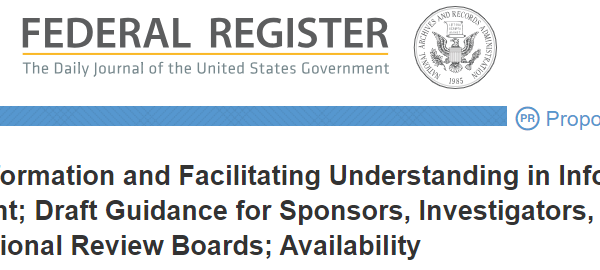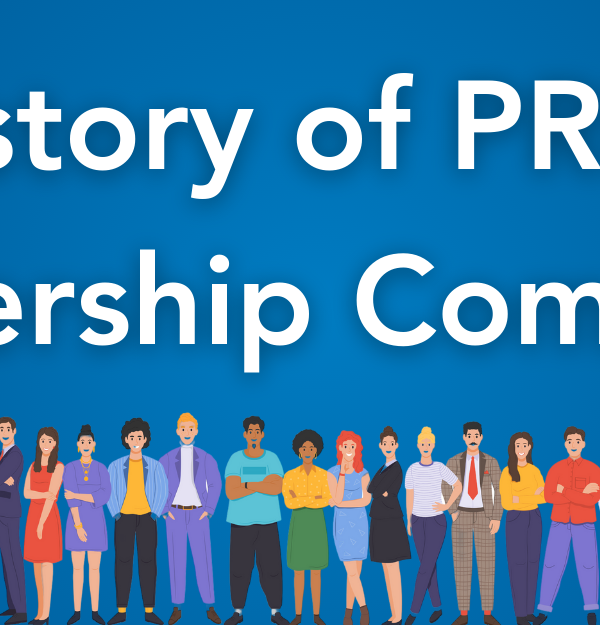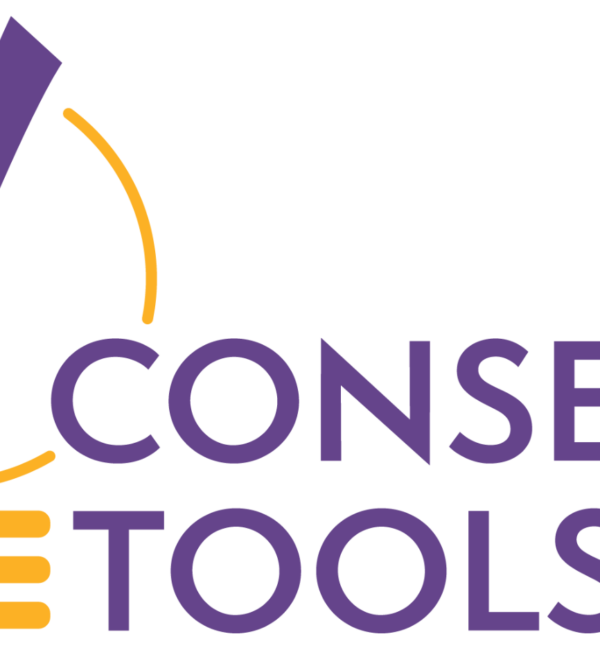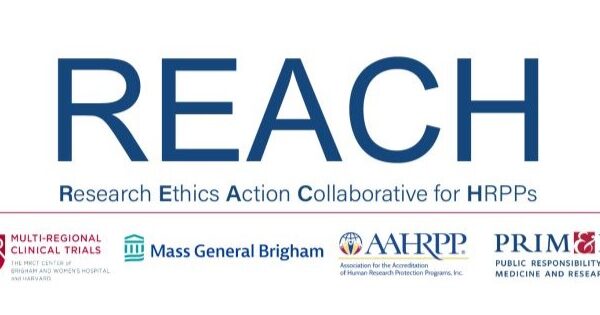As we mark PRIM&R’s 50th anniversary this year, it's a moment to reflect on the rich history of our certification…
Read MoreFDA and the Office for Human Research Protections (OHRP) issued a 16-page draft guidance, entitled “Key Information and Facilitating Understanding…
Read MoreAs we celebrate PRIM&R’s 50th anniversary this year, we reflect with pride on the journey of our membership community. Throughout…
Read MoreBy Erin D. Solomon, PhD The 2018 updates to the Common Rule emphasize the importance of participants understanding the information…
Read MoreResearch Ethics Action Collaborative for HRPPs (REACH) is an innovative initiative led by the MRCT Center, AAHRPP, Mass General Brigham, and…
Read More




